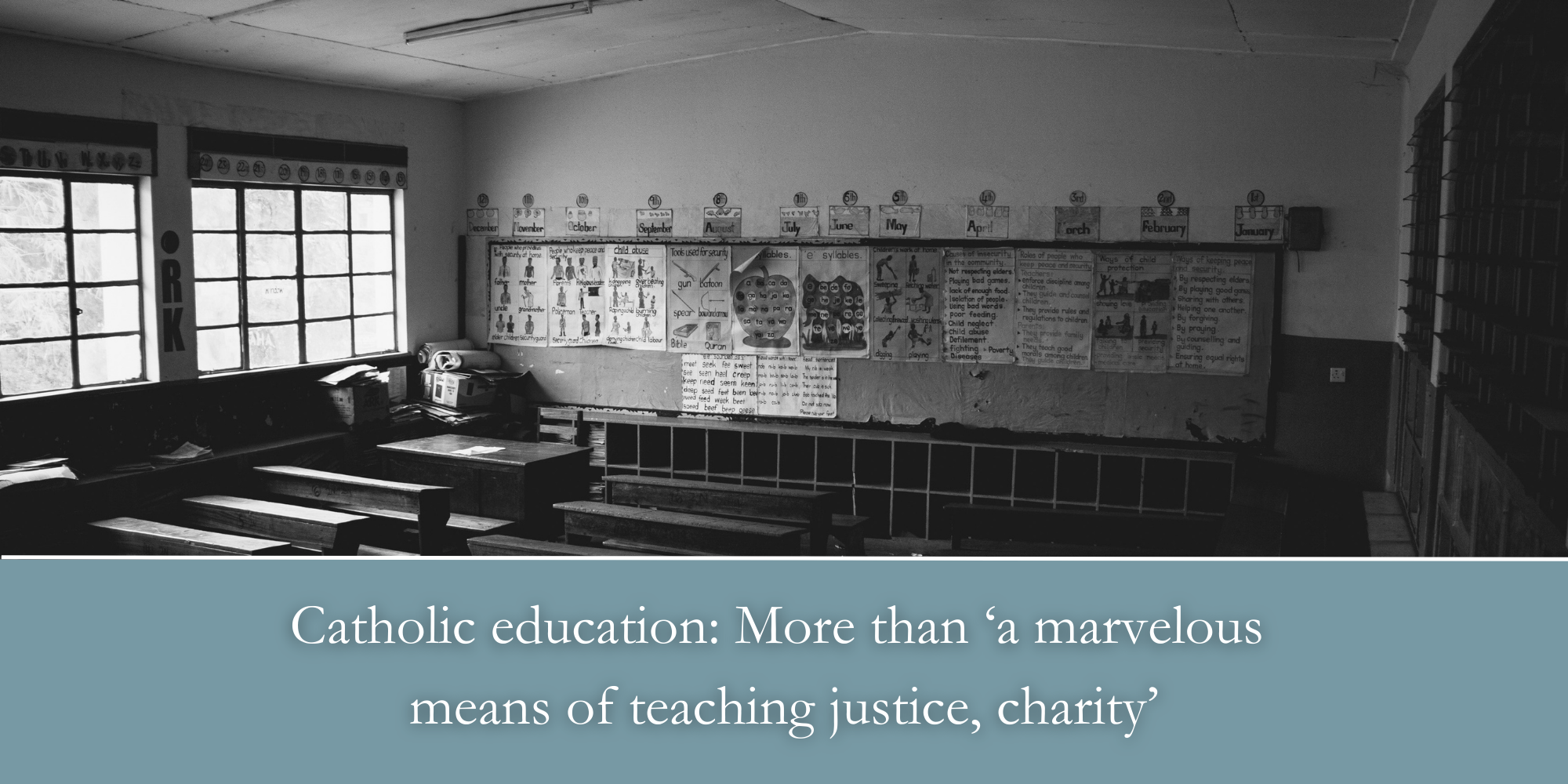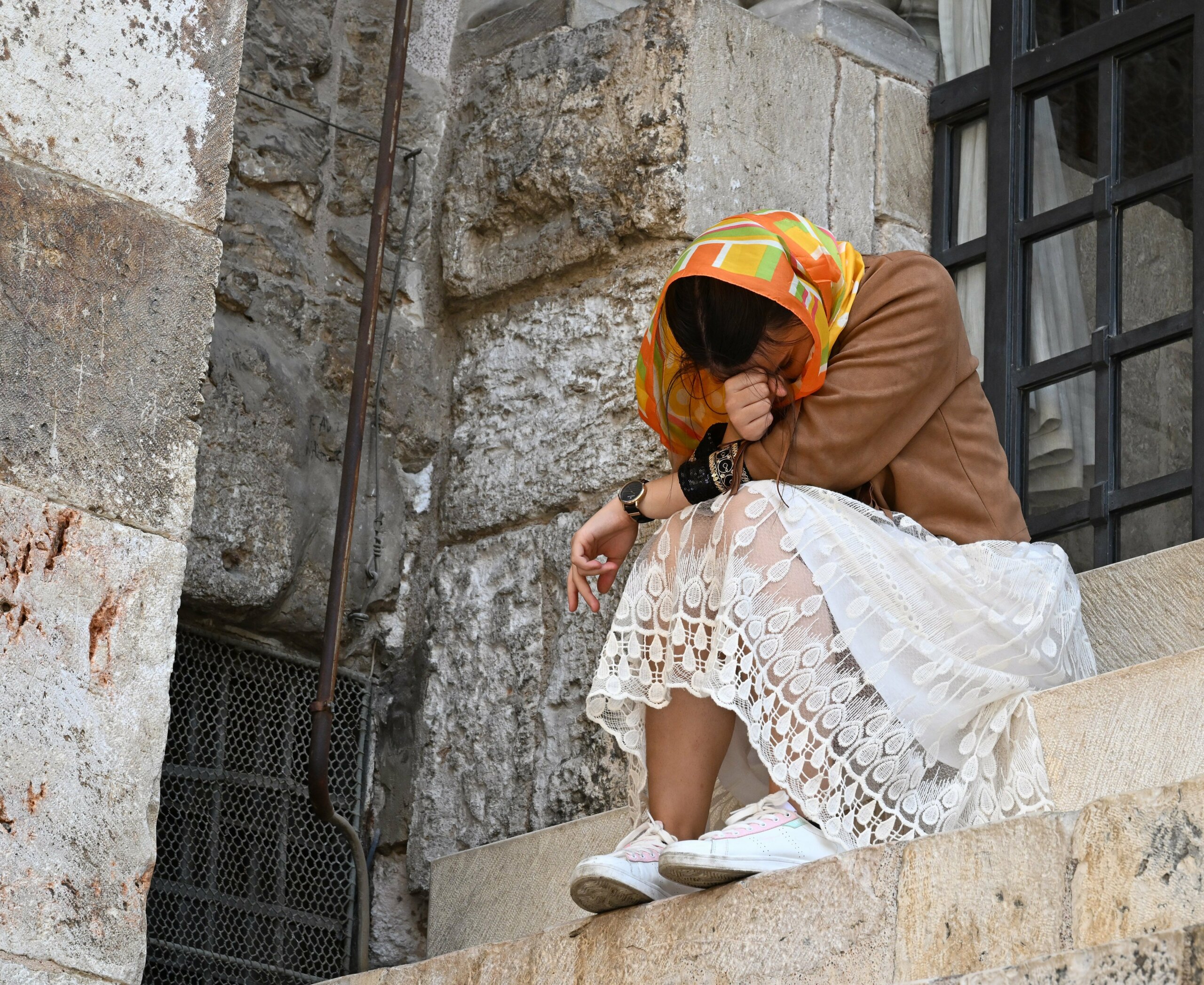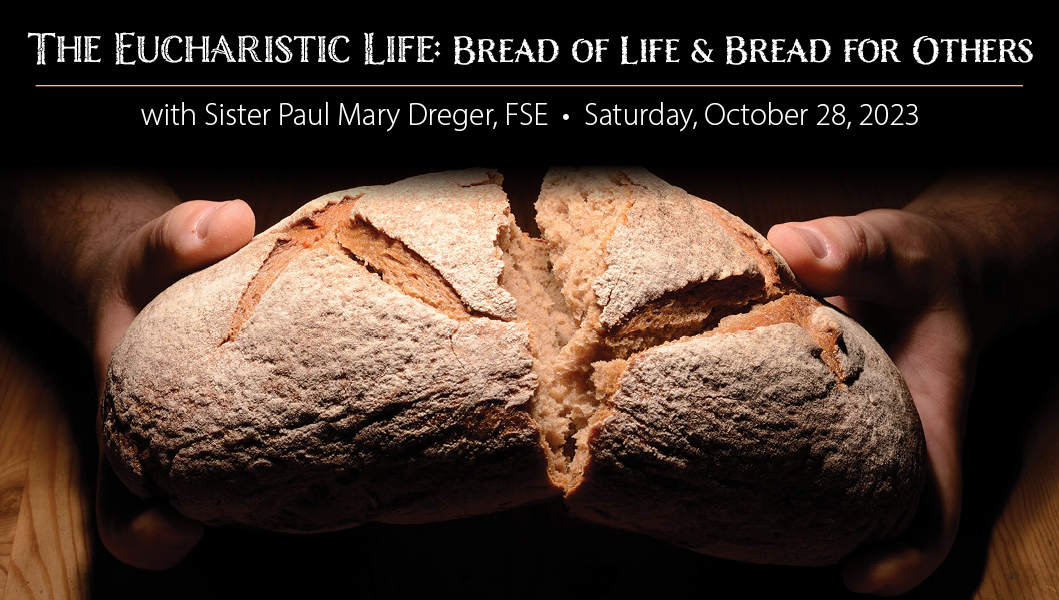
History and personal experience have shown me that Catholic education is a beautiful act of justice and charity and a marvelous means of teaching both justice and charity. Finally, it has been undervalued for its lasting contribution to the Church and the community. It has been a powerful instrument for evangelization of our young people and the broader community.
I was blessed to attend schools served by Franciscan Sisters, Jesuit priests, and Edmundite priests.
Catholic education in the United States began as a work of highly motivated, generous, and effective religious orders of sisters, brothers, and priests. Their schools were founded with zeal for the Catholic faith and for the education of young people.
Those religious orders originally had provided most of the staffing at Catholic schools. Tuition costs, if any, were considered a true bargain. Today, Catholic education remains an act of generosity by the faculty, most of whom are lay women and men. They frequently work for salaries far below the scale they would receive in public schools.
The Catholic institutions in which I studied and taught (part time) inculcated both a sense of justice and charitable service in their students. We would expect that outcome considering how prominent justice and charity are in biblical teaching; they are well developed in Catholic theology. The sense of justice and charity driving my efforts in ministry was inculcated by the Jesuits, particularly concern for the poor and marginalized. Concern for people in other countries was inspired by the Franciscan sisters.
I also have witnessed the enduring impact of one high school teacher and coach on an entire community. In 1975, my wife, Mary Anne, and I purchased our first home in Englewood, New Jersey. The house was roughly across the street from our new parish church, St. Cecilia’s, and the other parish buildings — an elementary school and high school.
On the first Sunday in September, after the 11 a.m. Mass, we heard the unmistakable sound of a football team with cleats on, walking across the paved parking lot. As they walked, they whistled, “When the Saints Go Marching In.” The team gathered in front of the church at a statue of Our Lady. They prayed a decade of the rosary then returned to the parking lot to board the bus to their first game of the season. That tradition had been followed before every football game St. Cecilia’s had played for more than four decades; it began with a young teacher who taught chemistry, physics, and Latin. He also coached the football team. His impact on the community endured.
He truly was an extraordinary coach. He openly acknowledged to his students and players that his strength came from daily Mass and communion. One of the New York newspapers identified St. Cecilia’s as the best high school football team in the country.
The coach taught his players about priorities: God, family, studies, football – in that order! I think those priorities are applicable to each one of us though we might substitute another endeavor for football.
He subsequently served as an assistant coach at Fordham University and West Point; then as an assistant coach for a few years with the New York Giants. While with the Giants he arranged for one of his former colleagues at St. Cecilia’s, Father Tim Moore, to serve as a chaplain for the team, a position the priest relished; he continued with his field passes to every home game even years later.
Then the coach got a real break: He was offered the head coaching job with the Green Bay Packers. He was so Catholic that he earned the nickname “The Pope” in Green Bay. Coaching with his St. Cecilia’s philosophy in the NFL, Coach Vince Lombardi’s teams won 74 percent of their games.
Lombardi’s faith and zeal are worthy of emulation, especially by those engaged in educating our young people.
—Deacon Pete Gummere is a senior deacon; he previously served at Corpus Christi Parish based in St. Johnsbury and as the director of diaconate for the Diocese of Burlington.
—Originally published in the Fall 2023 issue of Vermont Catholic magazine.





